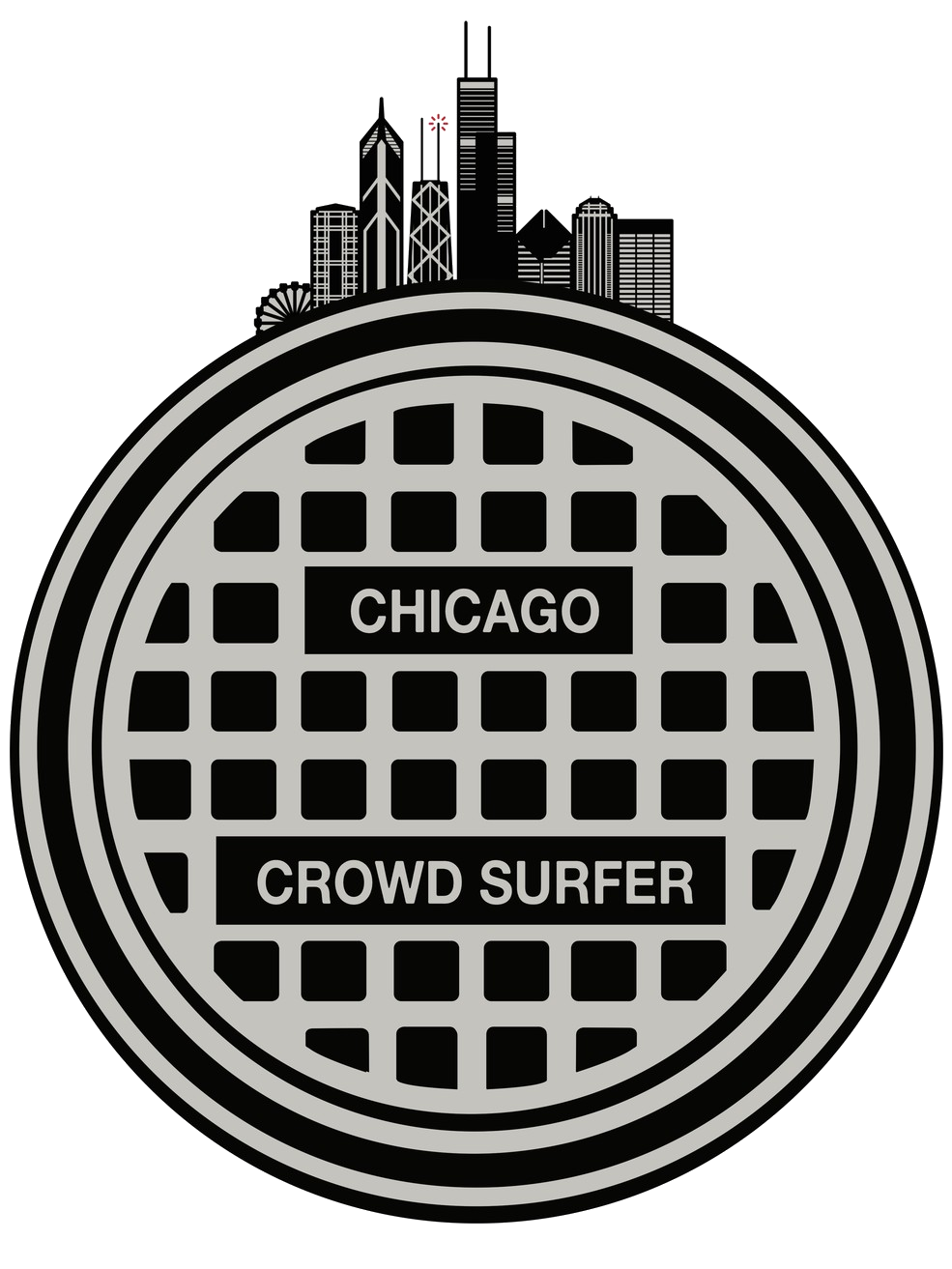DPCD
Alec Watson of DPCD / 📷: Charles Iverson
The gorgeous mellow folk of DPCD, headed by Alec Watson, has been gracing Chicago ears for several years. Their record release party takes place this Friday at Hungry Brain with local folker Jessica Risker. Tix are only $10. Make sure to plug into False Virtue, hitting all streams on October 4th, (but if you can’t wait, check out the video for the first single.) In the meantime, we caught up with Watson as he prepares for Friday’s release.
AW : Alec Watson
DPCD has been around for a few years now, can you walk us through the gestation of the act?
AW: DPCD is me (Alec Watson) and my friends and family: Ethan Parcell, Kenan Serenbetz, Samantha Connour, Jesse Bielenberg, and Allie Thomas. This is a group of people I have known for a really long time. Jesse and Ethan and I grew up together in the western suburbs of Chicago. I've been on childhood camping trips with Jesse. Ethan and I became friends in elementary school when we realized we both thought the "773-202-LUNA" TV commercial was really funny. Allie and I met at band camp when we were teenagers and are now married (summer camp crush dreams do come true). Kenan I knew in high school, then we both ended up going to Boston for college and were roommates for a few years. Sam and I started singing together when I moved back to Chicago.
When I started writing the music that became DPCD, I was playing solo a lot, but then just slowly added all my close people to the band, one by one. Now we are six strong! We just need one more member to hit the number of completion.
Is DPCD an acronym? If so what does it stand for?
AW: DPCD is a secret four-letter code given to me by my great-grandfather Marvin. He lived in Marion, Indiana, as did his family going back a few generations. They were Quakers-- an immigrant religious community from England and Germany.
I'm really interested in the Quakers. They are a very deliberately non-hierarchical religious group. A core tenet of Quaker spirituality is the belief in the spiritual equality of all people. For example, in England in the 1600's, people would normally address each other with thee and thou. The word you was used to address people of higher status-- land owners, royalty, Lords and Ladies, etc. In opposition to this, Quakers of the day adopted what they called "Plain Speak," which was just calling everybody thee/ thou and refusing to call people with power you.
Quaker meetings for worship are similarly horizontally organized. My great-grandfather's church would have what is called "Unprogrammed Worship." The community would gather in the meetinghouse and sit together in silence. The emphasis was on listening and waiting and being together. There was no liturgical structure-- anyone who was moved to speak could speak. These small, plain gestures of belief in equality and togetherness are very powerful to me.
So anyway, I took on the name DPCD as a nod to all this. It is probably an acronym, but I don't know what it stands for. The old automobile conglomerate Dodge-Plymoth-Chrystler-DeSoto was my best guess for a while, but then my grandmother said Marvin exclusively bought GM vehicles, so the research continues.
Your new record is coming this Friday October 4th. How did the process of creating False Virtue compare to your debut, Good Visions?
AW: It was totally different in the best ways. False Virtue was recorded in a studio, Good Visions was all at home. I played most of the instruments on Good Visions; I leaned on my friends a lot more for False Virtue for parts. We arranged many of the songs together. We gave ourselves time to make tiny adjustments and develop a kind of tone sensitivity and listening feeling in our performance of the songs. I think that came across really well on the record. It sounds like friends just playing the songs together in a room. It feels very living to me.
The music of DPCD is ethereal and incredibly mellow folk with a deftly gentle touch. Where do you draw inspiration for such a reserved sound?
AW: It really just comes out that way. I am always trying to be deliberate about the way my voice interacts with the guitar. I want it to sound unified and orderly. Again, I'll credit my bandmates-- they are all experts at matching that tone. I think also we are all interested in a sort of midwestern flatness aesthetic-- making music that starts, moves forward, and doesn't change much, but is very earnest. That's the goal, anyway.
What's in DPCD's near future? Are there any tour plans in the works?
AW: We have a long song coming out soon that is a kind of companion to/ summary of False Virtue; be on the lookout for that. We will be touring the midwest and east coast in early 2020. Hello to all of our friends out there- see you soon!
